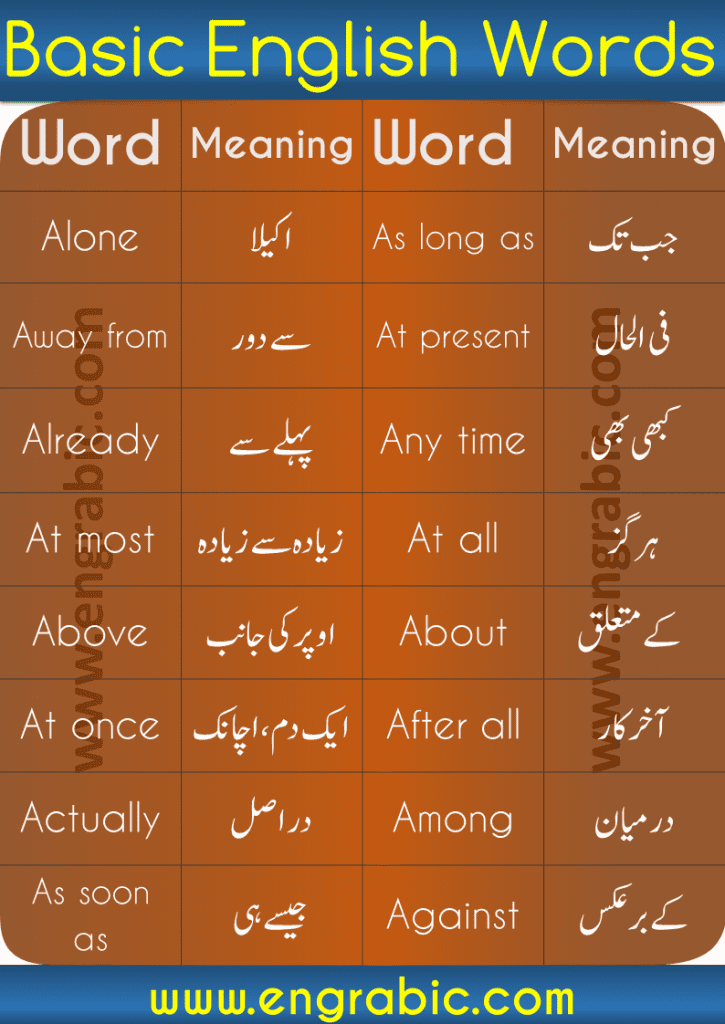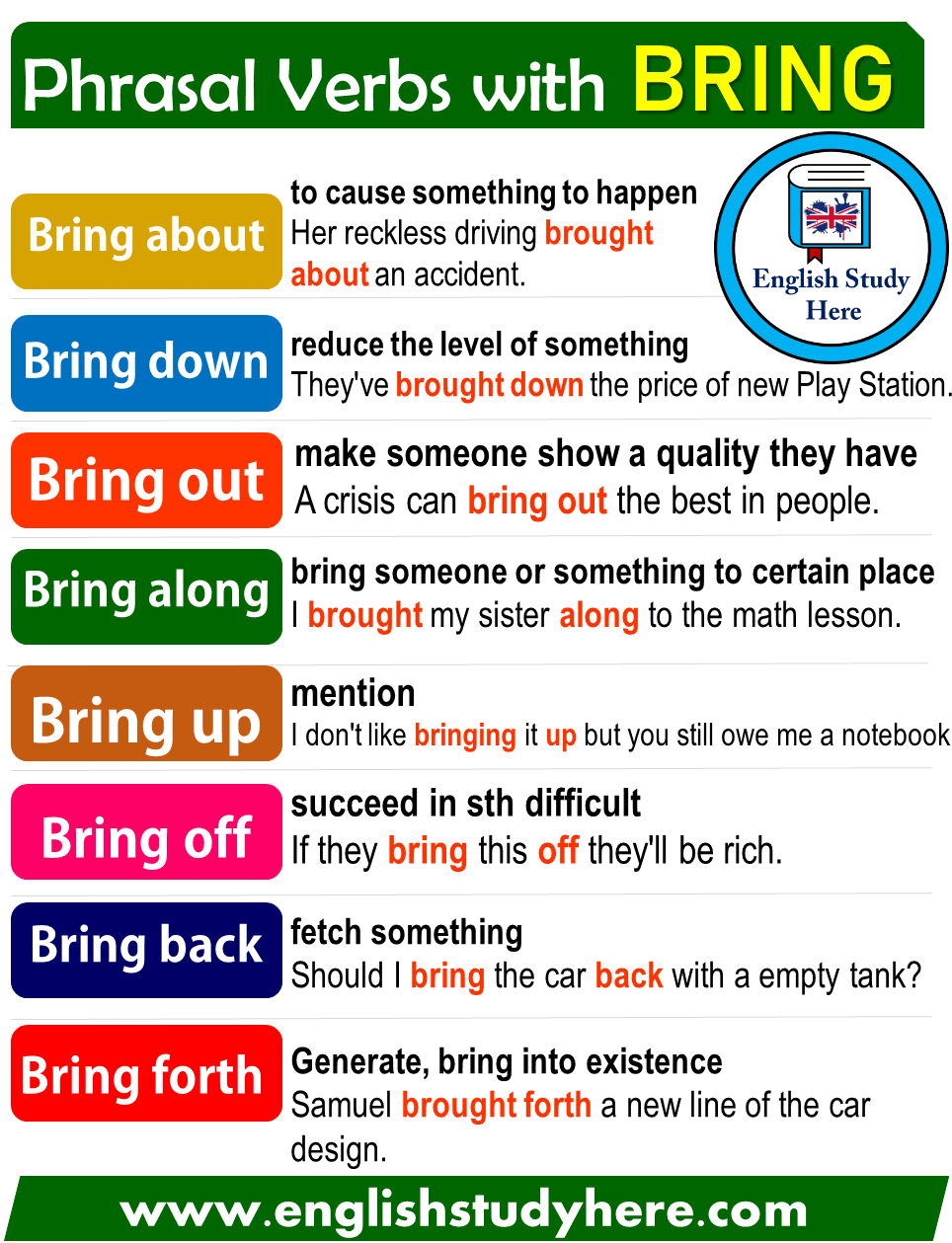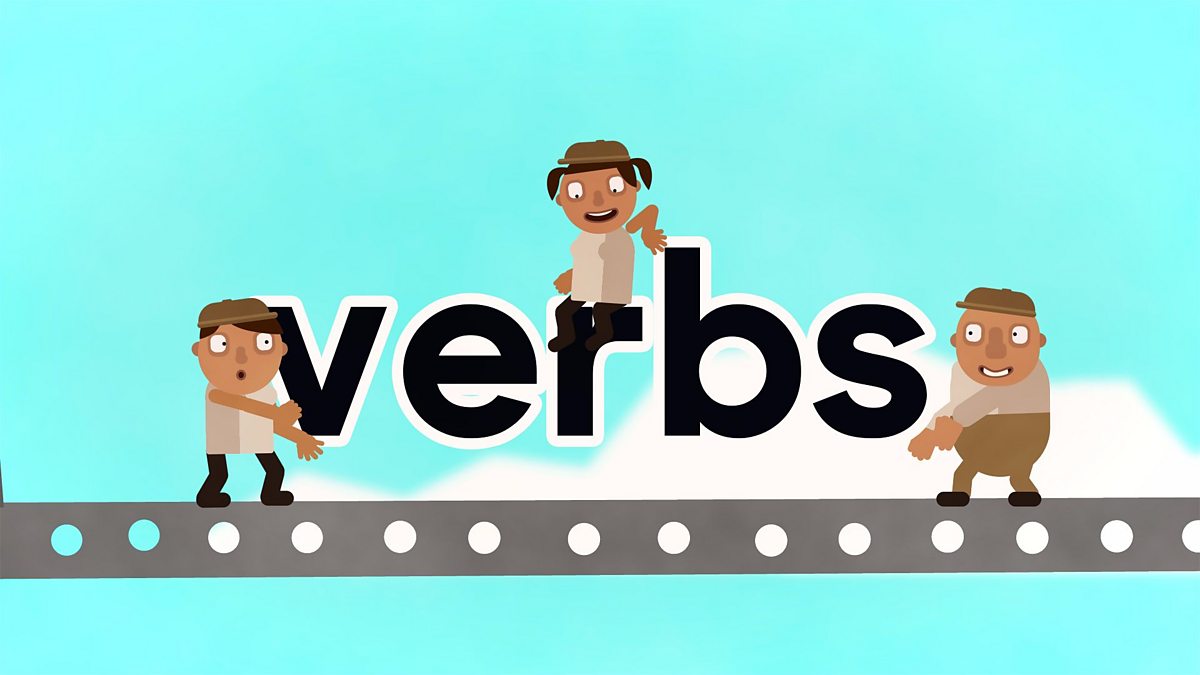The opposite of a transitive verb is an intransitive verb. A verb is an intransitive verb if it is not used with a direct object. Remember, only nouns, pronouns, and noun phrases can be direct objects.
Prepositional phrases, adjectives, and adverbs cannot be used as direct objects. Once again, both action and stative verbs can be used as intransitive verbs. While the prepositional phrases here give important information and context, they are not direct objects. To-be forms are considered intransitive linking verbs, and could not be included in sentences with reflexive verbs.
In order to use many verb tenses in English, you need to know the past forms of the verbs. The majority of verbs, called 'Regular verbs', follow the same pattern and create the past simple and the past participle using the same word ending, -ed. Here is a "how to learn regular and irregular verbs" with examples and also some tips on how to remember them. Transitive VerbsTransitive verbs are action verbs that always express doable activities that relate or affect someone or something else. In a sentence with a transitive verb, someone or something receives the action of the verb. For the next little while, we're going to focus on main verbs.
So, forget about those poor little helping verbs for a bit, and let's turn our attention to action verbs and linking verbs. These two kinds of main verbs can act in four different ways. A transitive verb is a verb that is accompanied by a direct object in a sentence. The direct object is the noun, pronoun, or noun phrase that is having something done to it by the subject of the sentence. Both action and stative verbs can have direct objects, which means they can both be used as transitive verbs.
In the example sentence, she applied herself means that the woman gave her full attention to the job she was doing. In addition to having the meaning change, there are times where you don't need to include a pronoun. This is usually the case when the action implies that the subject and the object are the same. Intransitive verbs are action verbs that always express doable activities. They are different from transitive verbs because there is no direct object following an intransitive verb.
The past participle is used for the perfect tenses. In regular verbs, it's the same as the simple past tense, so there's nothing extra to learn. However, irregular verbs often use unique past participles, so you may have to memorize their forms.
A regular verb forms its verb tenses, especially thepast tenseandpast participle, by adding one in the set of generally accepted standardized suffixes. Regular verbs are conjugated by adding -d, -ed, -ing, or -s to its base form, unlike irregular verbs which have special rules for conjugation. Auxiliary verbs are also known as helping verbs and are used together with a main verb to show the verb's tense or to form a question or negative. Common examples of auxiliary verbs include have, might, will.
These auxiliary verbs give some context to the main verb, for example, letting the reader know when the action took place. Helping verbs, also called auxiliary verbs, are helpful verbs that work with other verbs to change the meaning of a sentence. A helping verb combines with a main verb in order to accomplish different goals. These include changing the tense of the verb or altering the mood of a sentence. Linking verbs are a special type of stative verb whose name gives a big clue as to what they do. Linking verbs are used to link a subject with a subject complement.
A subject complement describes or identifies the subject of the sentence or clause. Linking verbs can function as intransitive verbs, which do not take direct objects. Auxiliary verbs, or "helping verbs," are used in English to change another verb's tense, voice, or mood.
When auxiliary verbs are used, there's always a main verb that represents the main action. However, the auxiliary verb must still be conjugated correctly. Some verbs in this list can also be action verbs. To figure out if they are linking verbs, you should try replacing them with forms of the be verbs. If the changed sentence makes sense, that verb is a linking verb. Now you understand the two things to look for to identify reflexive verbs in standard reflexive verbs English use.
A reflexive verb can be any action word, if the word is transitive, and it's next to a reflexive pronoun. Reflexive pronouns are connected to subjective pronouns. The action actually reflects back to the subject through the suffix of self to show the performer of the action is also the receiver of the action.
The pronoun that you select depends on who the subject is that's performing a certain action. Next, you have taught, which is the transitive verb in this sentence. It's the past tense of the infinitive form, to teach. This transitive form must have a direct object; it cannot stand alone in a sentence. Transitive verbs are the first requirement for a reflexive verb to exist in a given sentence. The second requirement for reflexive verbs in standard reflexive verbs English use will be discussed later in this guide.
There is also a third category of verbs which doesn't get any glory. The reason that these guys don't get any of the fame that action and linking verbs get is because they don't stand alone as main verbs. Our last type of verb isn't actually a verb at all—sorry about that! However, infinitives look a lot like verbs because they are derived from them.
An infinitive of a verb is identical to the base form of the verb. For example, the infinitive form of the verb open is open. Typically, we use infinitives with the word to in order to form infinitive phrases. Infinitive phrases can be used for a variety of reasons, such as to act like nouns, adjectives, or adverbs. Each of these sentences uses intransitive verbs.
Look carefully and you will see that none of these sentences have direct objects. Unlike action verbs, stative verbs refer to conditions or states of being. Generally speaking, we use stative verbs to describe things like qualities, states of existence, opinions, beliefs, and emotions. When used in a sentence, stative verbs do not refer to actions.
It is important to know that some verbs can be used as either action or stative verbs depending on their meaning in the sentence. We are less likely to use stative verbs in the continuous verb tenses. Auxiliary verbs are also called helping verbs. An auxiliary verb extends the main verb by helping to show time, tense, and possibility.
The auxiliary verbs are – be verbs, have, and do. No direct object is necessary to form a complete sentence, making agreed an intransitive word, and therefore, not included in standard reflexive verbs usage. Words that are only intransitive cannot be in a reflexive verb sentence.
Most action verbs can be either transitive or intransitive. The important thing is that a transitive sentence will always have a direct object. The reader of your sentence or listener of your speech could have just asked what John taught. Or they could need more information for context. This is where you would add indirect objects, like his brother; or prepositional phrases, like to his brother. Some words can be used as linking verbs or action verbs.
With these words, it's important to consider the function the verb is performing in the sentence in order to identify the type. Rather, they connect the subject to the additional information that's about to come. In other words, they link the subject to details about the subject. Various forms of the verb "to be" are linking verbs, including verbs like "am," "is," "are," and "were." There are many additional examples of linking verbs. These sentences all have verbs that are followed by adjectives. As a result, these sentences do not have direct objects.
Look at them again without their prepositional phrases. This is the form of the "to be" verb used with the perfect and passive tenses, and it is the same for all the subjects. Those things that you do for someone or you give to someone are called direct objects.
The person who receives the thing is called the indirect object. Main verbs or action verbs are used to express action; something that an animal, a person or a thing does. In each of the following sentences, we only have a main verb. Some verbs are ALWAYS linking verbs because they never describe an action.
Other verbs can be linking verbs in some sentences and action verbs in other sentences. They do not work as verbs in the sentence rather they work as nouns, adjectives, adverbs, etc. Non-finite verbs do not change according to the number/person of the subject because these verbs, also called verbals, do not have any direct relation to the subject. Sometimes they become the subject themselves. Helping verbs do exactly what it seems like they should do. That is, they help the main verb of the sentence by extending its meaning.
They are used in cases where the linking verb on its own is not sufficient to form a complete thought or sentence. In the examples below, the helping verb is bold and italicized, while the linking verb is bold only. Intransitive verbs are also verbs that show action.
Unlike transitive verbs, they are ones that are not followed by a direct object. Instead, the action is being performed by the subject of the sentence. Now that we've looked at some examples of active verbs, let's turn to look at passive verb examples. Recall that when we have a passive verb, the subject of the sentence is having the verb performed onto them. Looking at the examples below, try to identify which are passive verbs. Instead, it is dependent on what the subject in the sentence is doing.
Take a look at the definition of active verbs below. In all the above examples, the action is to introduce. Because it's a transitive word next to a pronoun, it reflects usual reflexive verbs usage in a sentence. But what about when the word introduce doesn't follow a reflexive pronoun, like in the sentence Jake introduces his dog to the class?
Well, in that case, this sentence doesn't meet the requirements to answer yes to the what is a reflexive verb question. Also known as linking verbs, state of being verbs describe conditions or situations that exist. State of being verbs are inactive since no action is being performed. These verbs, forms of to be, such as am, is, are, are usually complemented by adjectives. Below, we explain how to conjugate each of the main tenses in the present, past, and future.
Keep in mind that irregular verbs may use different forms. In fact, some verbs must have an object (e.g., take), but some verbs never take an object (e.g., sleep). Verbs that do not take an object are called intransitive verbs. In the following examples, the object is underlined and the primary verb is in bold. Linking verbs work as main verbs in the sentence, but auxiliary verbs help main verbs. Stative verbs are more difficult to identify as verbs.
They describe a position or state of being; they have no duration, no beginning and no end. While they don't perform any action, notice that they're typically followed by a direct object, which is italicized in the examples below. Verbs are either 'active' or 'passive' according to whether the subject of the sentence is doing the action or whether they are having it done to them. Let's take a look at an example of a passive voice.
Here, we can break down each section as an example to see why the voice is passive or active. Phrasal verbs aren't single words; instead, they are combinations of words that are used together to take on a different meaning to that of the original verb. There are many examples of phrasal verbs, some of which have colloquial meanings, such as make up, hand in, bring up, point out, look forward to. Each time the verb takes the extra word it takes on a new meaning. The "to be" verb, both in its present and past forms, can be used to make passive sentences.
Some verbs can function as main verbs or helping verbs, but they will only do one job at a time in a sentence. A transitive verb expresses an action directed towards a person, place or thing. The action expressed by a transitive verb passes from the doer or the subject to the receiver of the action. Words that receive the action of a transitive verb are called objects. The following sentences all contain examples of transitive verbs. As you read each one, consider what the direct object of the sentence is.


























No comments:
Post a Comment
Note: Only a member of this blog may post a comment.